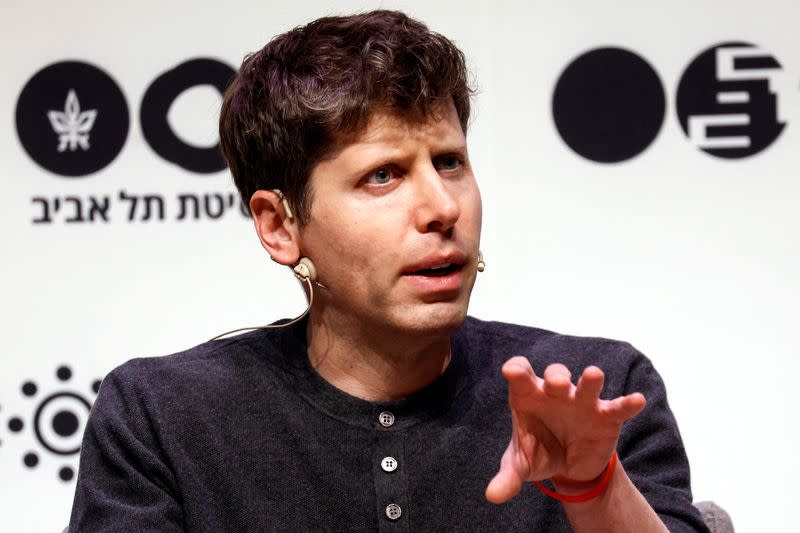Artificial intelligence expert Sam Altman met with South Korean President Yoon Suk Yeol on Friday and urged the country to focus on making chips for the new technology.
Altman, the head of ChatGPT-maker OpenAI, also urged South Korea to play a leading role in creating acceptable international standards for artificial intelligence.
Altman – on a world tour meeting lawmakers and national leaders to discuss AI’s prospects and threats – has travelled this week to Israel, Jordan, Qatar, United Arab Emirates, India and South Korea.
The CEO suggested South Korea should focus on chips as both system semiconductors and memory chips are needed for AI.
He also suggested reducing corporate regulations to foster AI projects, South Korea’s presidential office said.
ALSO SEE:
China Hits Out at US ‘Slander’ Over Report of Cuba Spy Base
‘Pace of tech development is so fast’
“People are focused on not stifling innovation, and that any regulatory framework has got to make sure that the benefits of this technology come to the world,” Altman said earlier on Friday as he met with about 100 South Korean startups.
The rapid development and popularity of generative AI since Microsoft Corp-backed OpenAI launched ChatGPT last year is spurring lawmakers globally to formulate laws to address safety concerns linked to the technology.
The European Union is moving ahead with its draft AI Act, which is expected to become law this year, while the United States is leaning toward adapting existing laws for AI rather than creating new legislation.
“Because the pace of technology development is so fast, international standards to prevent side-effects associated with ChatGPT must also be prepared with speed,” Yoon told Altman, the presidential office said.
South Korea has new AI regulations awaiting full parliamentary approval. Seoul-based analysts said those rules are seen as less restrictive than the EU’s.
In February, a parliament committee passed an AI draft law that guarantees freedom to release AI products and services, and will only restrict them if regulators deem any product to be harming the lives, safety, and rights of people.
Specialised markets
South Korea is one of few countries that has developed its own foundation models for artificial intelligence in a field dominated by the United States and China, thanks to local tech companies such as Naver, Kakao, and LG.
The companies are seeking ways to tap niche or specialised markets that have not yet been addressed by big tech in the United States or China.
“In order for Korean companies to have strength in the global AI ecosystem, each company must first secure specialised technology for vertical AI,” or AI designed and optimised for specific uses, LG AI Research chief Kyunghoon Bae said.
Naver said it has been eager to develop localised AI applications for countries with political sensitivities in the Middle East as well as for non-English speaking countries and regions, such as Japan and Southeast Asia.
- Reuters with additional editing by Jim Pollard
ALSO SEE:
Japan Watchdog Warns ChatGPT-Maker OpenAI on Data Privacy
OpenAI Boss Urges Regulations to Prevent ‘Harm to the World’
Beijing Unveils Sweeping Laws to Regulate ChatGPT-Like AI Tech
China Tech Fighting Over AI Talent in ChatGPT Chase – SCMP
China Wants To ‘Integrate’ ChatGPT-Like Tech in its Economy
























